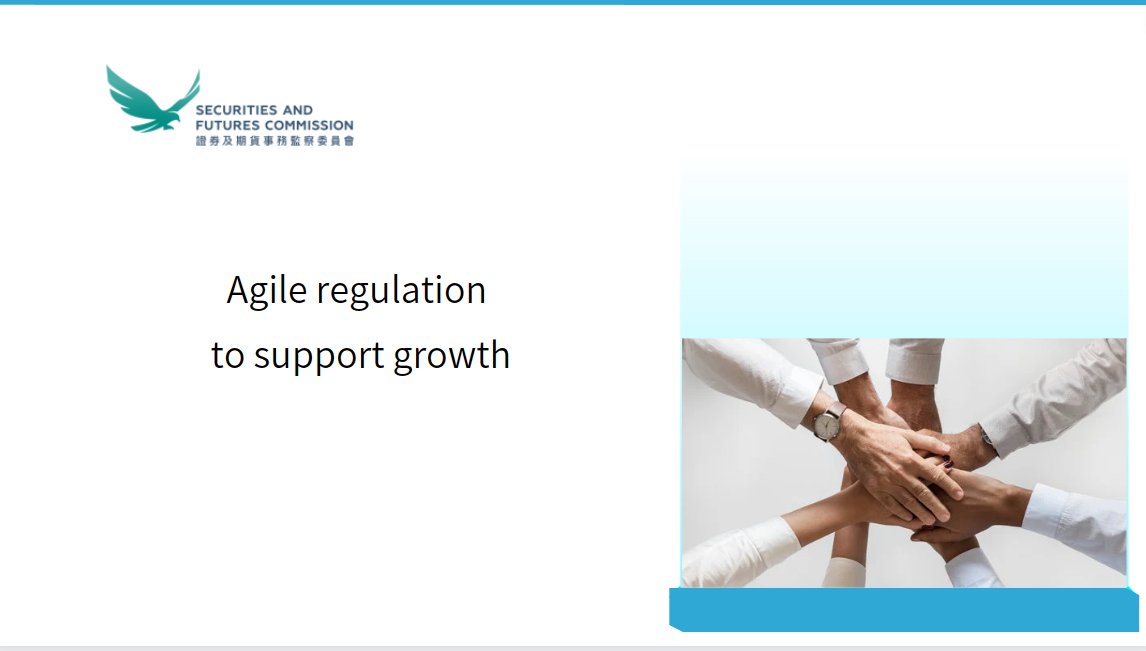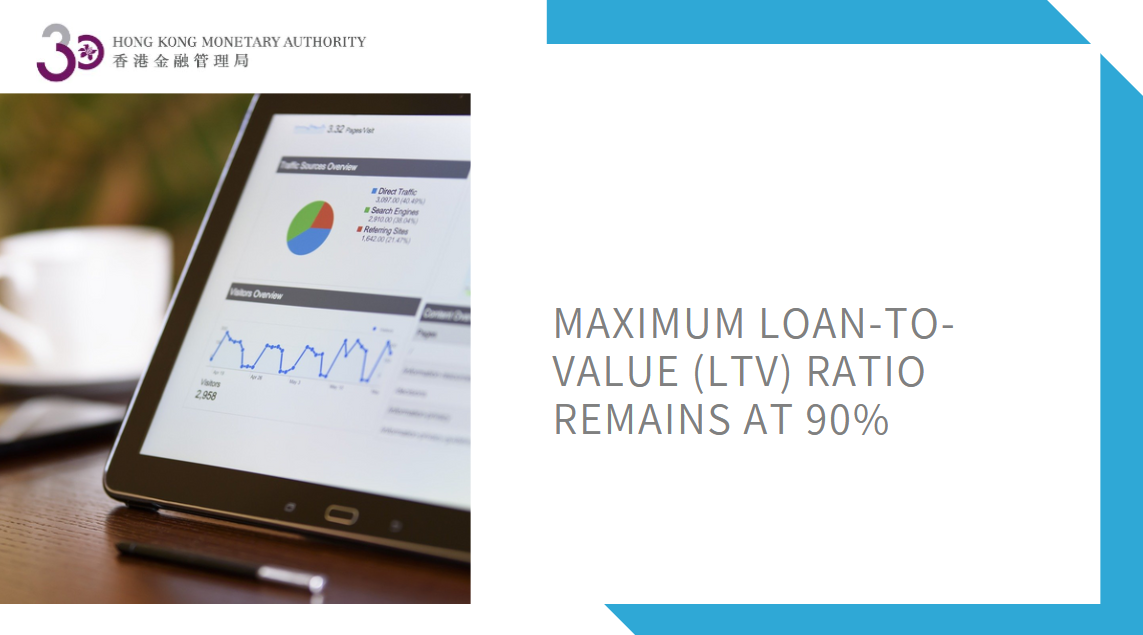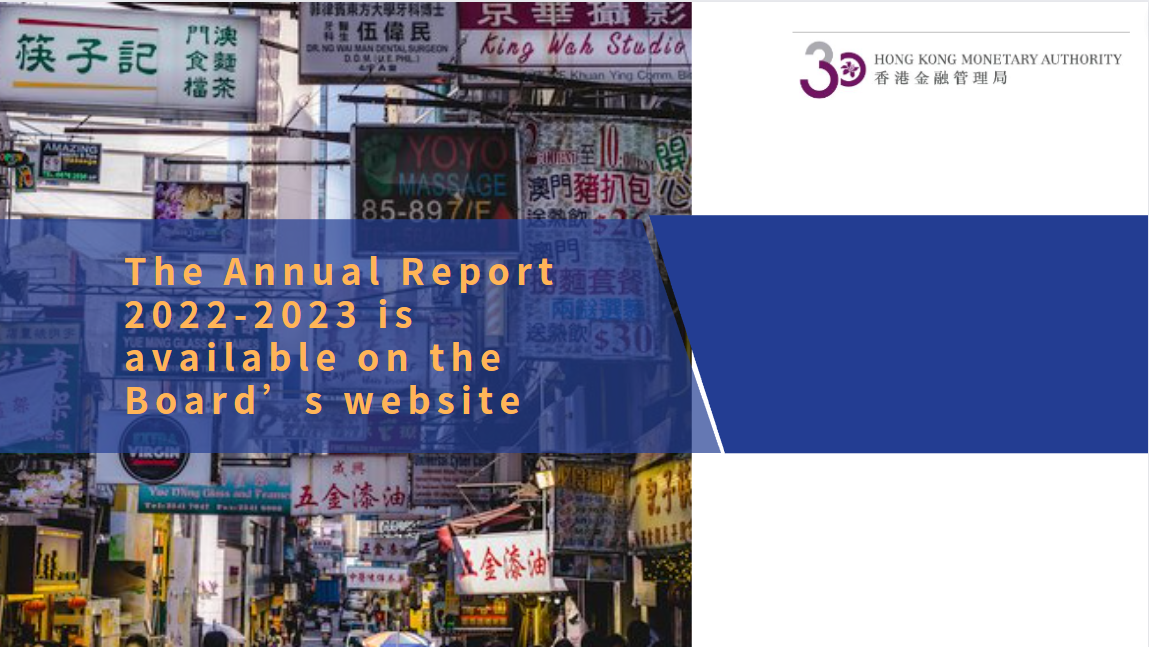HKEX proposal for mandatory climate disclosures gets nod from businesses, but not without concerns over timeline, scope
Representatives of Hong Kong’s business sector agree with the stock exchange’s plan to make climate-related disclosures mandatory and aligned with international standards – but not without concerns.
The business community agrees that the move will help the city maintain its competitiveness as a global financial centre, according to feedback from a three-month consultation period that ended on Friday. But concerns exist around the level of ambition, as well as the challenges companies will face achieving compliance.
During the consultation, Hong Kong Exchanges and Clearing (HKEX) sought market feedback on enhancing climate-related disclosures under its environmental, social and governance (ESG) framework, including making such disclosures mandatory, as opposed to the current “comply or explain” basis.
New disclosure requirements would be introduced in alignment with climate standards from the International Sustainability Standards Board (ISSB), a body that was set up during the COP26 global climate summit in Glasgow in 2021 to consolidate various reporting standards. The ISSB released its finalised standards on June 26.
“These proposed enhancements will not only help our issuers achieve greater climate-related risk management, but also strengthen their resilience and enhance the long-term sustainability of Hong Kong’s markets,” Katherine Ng, head of listing at HKEX, said at an event organised by the bourse operator’s ESG academy on Thursday.
“We expect the results of the consultation to be implemented as early as January 2024.”
A two-year interim period would be provided for certain requirements, such as the financial effects of climate-related risks and opportunities for companies and the disclosure of their scope 3 carbon emissions, according to HKEX. Scope 3 emissions are those attributable to suppliers and customers.
The HKEX’s proposed enhancements to climate disclosures are a step in the right direction, and the phase-in approach seems reasonable in view of the lack of readiness among Hong Kong-listed companies, said Ben McQuhae, founder of law firm Ben McQuhae & Co and co-founder of the Hong Kong Green Finance Association.
“On the other hand, HKEX’s proposal appears to be a watered-down version of the ISSB standards, which arguably lacks ambition,” he said.
In particular, HKEX’s new disclosure requirements focus entirely on financial materiality, or how climate risks impact enterprise value, instead of also including how the business impacts the climate and the environment, he said.
A joint response to the HKEX’s consultation, issued last week by think tank Civic Exchange, ecosystem provider Green Collective and Keith Chan, an assistant professor in the division of environment and sustainability at Hong Kong University of Science and Technology, also supported making climate-related disclosures mandatory, but only after “the target companies have been given sufficient time to build relevant capacity”.
The joint response also suggested that the HKEX follow the approach of the ISSB’s climate standard to require firms to “disclose industry-based metrics that are associated” with their industry, instead of merely encouraging issuers to consider industry-based disclosure requirements.
The proposed timelines for interim and full compliance with some quantitative disclosures, especially scope 3 emissions, would be quite challenging for many listed companies, said Mike Wong Ming-wai, CEO of the Chamber of Hong Kong Listed Companies.
Even with the intention to collect scope 3 data, a lack of accurate and comprehensive data sets from a company’s value chain adds to the challenge, according to the Chamber’s response to the HKEX consultation obtained by the Post.
“The data collection work may not be straightforward, and we believe businesses along the upstream and downstream value chain, especially the SMEs [small and medium-sized enterprises], are not ready to provide such data to the listed companies,” the response said. “Rushing for adoption of scope 3 reporting for listed companies may result in inaccurate or misleading information.”
The Chamber recommended extending the implementation of mandatory disclosures by another year, to the financial year beginning January 1, 2025, Wong said.






















































First, please LoginComment After ~